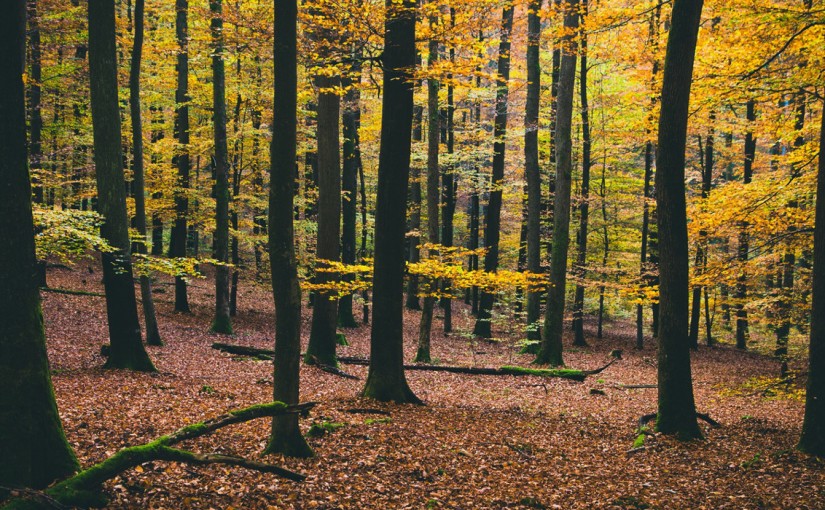We thrive on getting out of cell phone service as much as possible. It’s important to go off the grid as prepared as possible with the right gear and know-how. But sometimes we run into situations that we can’t control, and for those dire times, it’s important to have these survival basics at our disposal. This isn’t meant to be a comprehensive guide on survival, but a good start for what should be priority.
The “Rule of Threes”
On average, a human can survive for:
• 3 minutes without air/oxygen
• 3 hours without a regulated body temperature (shelter)
• 3 days without water
• 3 weeks without food
Although these are rough estimates, they serve as a good reference on what takes priority when in a survival situation. We have broken each of these into their own sections.
Oxygen
If you have asthma, bring an inhaler. If you or anyone in your group have bad allergic reactions, take epinephrine. When you build your shelter, make sure that it is well insulated, but also able to vent any smoke from fire. Our friends at BioLite have created products that make smokeless fires!
Shelter
In cold weather conditions, beware of hypothermia, which is easier to get than most people would think. In hot weather, you need to remain cool to retain as much water as possible. Both extremes, hypothermia and dehydration, force the body to shut down until you aren’t able to push on. The first layer of shelter is your clothing. Make sure to dress according to the area you plan on exploring. The weather channel might say sunny skies, but mother nature has a way of ignoring anything the weatherman says.
The next layer is a shelter. When building, consider the following:
• Location. Stay away from hazardous areas and make sure there are plenty of materials (wood, leaves, etc.) nearby. Try to use areas that will take less energy to make, like a cave, hill side, or fallen tree.
• Insulation. Grass, leaves, plants, and other similar items work as great insulators packed in the walls and roof of your shelter for added protection against the elements and help keep your body heat from escaping. Don’t forget that this applies to the ground. Use leaves and other materials to keep between you and the floor. This will also make your sleeping area more comfortable.
• Fire. Make sure that your shelter can accommodate a fire, and if possible, enough venting for the smoke to filter out.
• Size. Do not make your shelter bigger than necessary. Instead, make it just big enough for you to lie in. The smaller the shelter the easier it will be to remain warm.
Here are some shelters and tarps we keep in stock.
Water
The human body is made up of about ⅔ liquid and water. This helps circulate blood, process food, and perform other internal functions necessary for survival. If you become dehydrated, your cells shrink and circulation stops, causing a lack of oxygen to your muscles, so you can’t wrestle bears. Do not eat snow or ice, melt it and drink it. Eating it will lower your core body temperature and bring you closer to hypothermia. It can also cause dehydration.
Filtering water is important because of the amount of bacteria found in streams, such as giardia. No matter how fresh water in the backcountry is, you don’t know what animals have defecated in it.
Here are some of the water treatment systems we carry.
Food
Surviving 3 weeks, and in some rare cases even longer, is possible, but not worth testing. In survival situations you will be burning a lot of energy building shelters and getting water. To keep your body going it’s important that you supply it with the nutrients it needs. Most natural environments are filled with a variety of items that can meet your nutritional needs. Check out this book by Linda Runyon, The Essential Wild Food Survival Guide. It’s a comprehensive look at the different edible food items you can find in the wild, and it’s backed up by Linda’s years of experience.
Dehydrated meals are a good option to take with you in the backcountry because they are lightweight, have the nutrients you need replenished, and are very packable.
You will need a fire to cook the food you bring or scavenge. Be prepared with the right equipment that can start a fire in any weather condition.
Summary
We hope that this information provides you with a good base for enjoying the outdoors. Be safe out there. Plan for the worst, hope for the best. Becoming a better survivalist will allow you to have a more enjoyable experience in nature.
Shop our Emergency & Survival and Camping Essentials categories that includes knives, tools, first aid, and more off the grid essentials.
